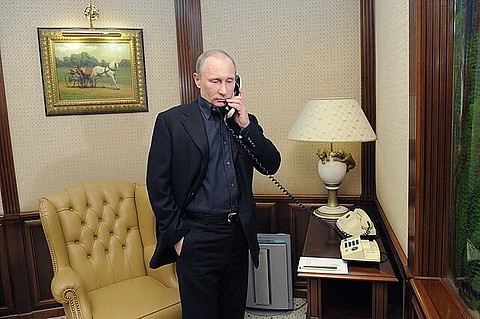

Russian President Vladimir Putin informed U.S. President Donald Trump he "will have to respond" to Ukraine’s large-scale covert drone attacks on Russian airbases, which destroyed at least 9 aircraft, including nuclear-capable Tu-95 bombers.
The strikes, dubbed Operation Spiderweb by Ukraine, marked Kyiv’s deepest incursion into Russian territory since the war began. Trump described the 75-minute call as "good" but admitted it would not yield "immediate peace".
The U.S. president did not discourage retaliation, despite Ukraine’s plea for strengthened air defense support during concurrent talks in Washington.
Ceasefire Talks Collapse
The call followed failed negotiations in Istanbul, where Russia rejected Ukraine’s demand for a 30-day unconditional ceasefire. Putin dismissed the proposal as "rewarding" Ukraine and enabling it to rearm, instead advocating for localized 2–3 day truces solely for body recovery of soldiers on both sides. Russia insists that Ukraine recognises Russian sovereignty over the four Ukrainian regions currently occupied by Russia, which Kyiv calls an "ultimatum".
Wider Implications
Kyiv’s drone attack took out a decent chunk of Russia's strategic bomber fleet, but risks severe escalation. Satellite imagery confirms three Tu-95 and four Tu-22M bombers were destroyed at Belaya airbase. Putin is facing pressure to retaliate forcefully, but must do so in a way that avoids triggering broader NATO involvement.